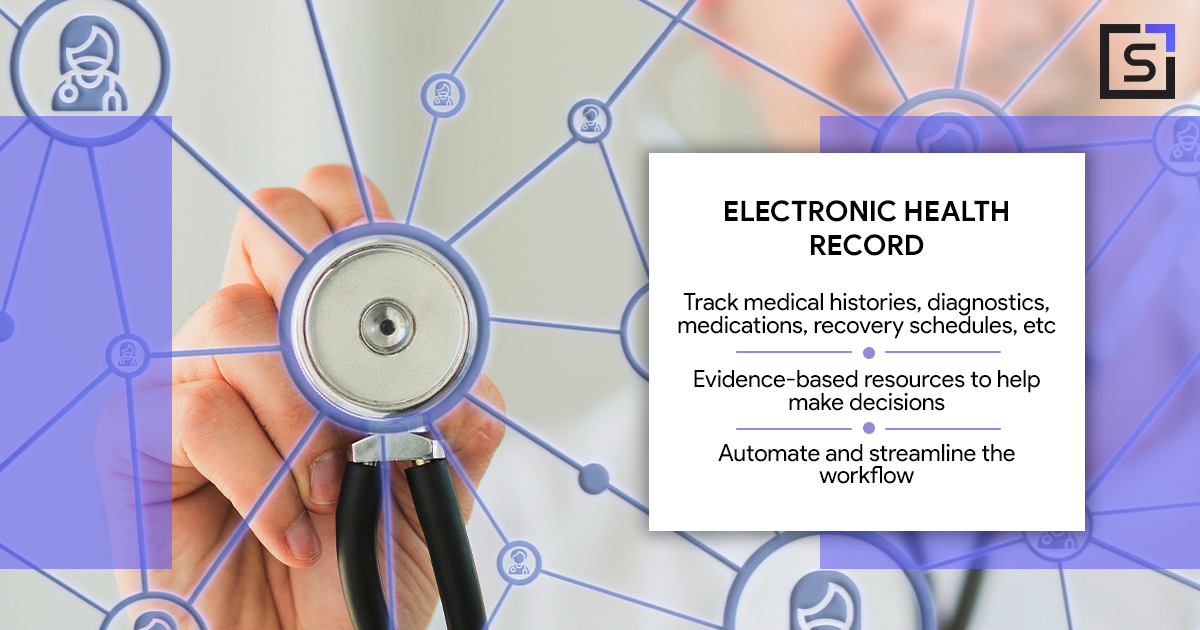Read news, articles, knowledge posts and opinions
on technology in healthcare
EHR is a crucial technology for the future of family medicine

EHR is a crucial technology for the
future of family medicine. The Electronic Health Record ( EHR) – received its
first real validation in the 1991 report of the Institute of Medicine ( IOM)
entitled "Computer-Based Patient Record: An Essential Technology for
Health Care.". EHR generates enhanced workflows, and access to this
knowledge makes the practice of medicine more useful for physicians and their
workers. Achieving the real benefits of EHR systems includes a change in
procedures focused on quality assurance methodologies, program and
team-oriented treatment, and evidence-based medicine.
WHAT IS
ELECTRONIC HEALTH RECORD (EHR)?
The term EHR applies to computer
software used by doctors to monitor all aspects of patient care which are stored
in a digital format. Usually, this broader definition also covers the online
hospital management system aspects of billing (digital prescription),
scheduling, home patient monitoring, etc. EHRs are real-time, patient-centred
records that make data immediately and safely accessible to approved users. The
EHR program is also structured to go beyond traditional clinical data gathered
at the provider's office and provide a broader view of patient care. EHRs are a
critical part of IT health and can:
INDEPENDENT
PHYSICIANS SEEKING EHR
Among the larger practices, thirty
percent expect to replace their current system
within the next three years. Independent physicians focus on high-quality
personalized patient care with often limited overall patient base. A smaller
patient base allows them to develop close, personal relationships with their
patients and staff. Thus, It is vital to provide a reliable method to minimize
the time and energy expended on charting, achieve consistency in clinical
reporting, receive assistance in health management, and have the highest
possible treatment level.
An AI-driven and template-free EHR
allows physicians to practice medicine based on their unique style while also
helping to refine the traditional approach to medicine. It helps doctors to
eliminate medical errors and practice better and higher quality medicine. EHR
being fully customizable and adaptable to any clinical workflow enables higher
medical productivity, autonomy, and satisfaction. Interestingly, ninety-three
percent of practices most often use only three basic EHR functions: data
repository, order entry, and results review. Smaller, independent physicians
will have to make that investment in EHR capabilities that will benefit their
patients and their practice in order to continue to be successful.
4th Floor, 3rd Eye Vision Complex,
IIM Road Ahmedabad - 380015, Gujarat.

 Download Resources
Download Resources